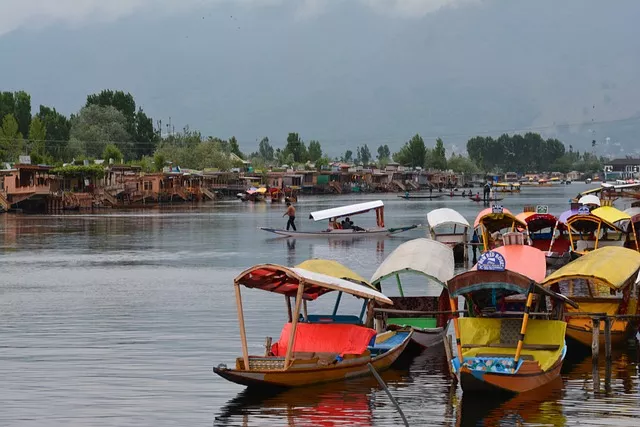Over 60 delegates from G20 member countries are expected to attend the event in Srinagar, as India which currently holds the presidency which rotates annually between members, gears up to host the G20 summit in Delhi in September..
The working group meeting is being held in Srinagar for the biggest international event organized in the city since theIndian government revoked Article 370in 2019.
Two centrally administrated territories, Jammu and Kashmir, and Ladakh were formed as a result.
China, however, has said it will not attend, citing its firm opposition ‘to holding any kind of G20 meetings in disputed territory.’
Pakistan, which is not a G20 member, had criticized the decision to hold the meetings in Kashmir, calling it an ‘irresponsible’ move by the Narendra Modi-led BJP government.
India, however said, that it was ‘natural’ to hold the meeting in Jammu and Kashmir and Ladakh, which ‘are an integral and inalienable part’ of the country.
In the days leading up to the event, India had conducted several security drills in the city.
Elite security forces – including marine commandos, National Security Guards, Border Security Force and police forces – have been deployed in Kashmir to provide ground-to-air security cover, according to reports.
Security has also been boosted around Srinagar’s Dal Lake and the Sher-e-Kashmir International Convention Centre (SKICC), the venue for the meeting.
Schools around the routes that G20 delegates will use have been closed.
Local opposition leaders, including former Jammu and Kashmir chief minister Mehbooba Mufti, have criticized the elaborate security arrangements and the inconvenience the G20 meet may pose to locals.
India has said it will showcase the cultural heritage of Kashmir and promote its tourism potential during the meeting.
According to an official statement, G20 delegates will be taken on ‘sightseeing tours’ and there will be discussions on strategies to promote ‘film tourism.’
The G20, which includes the world’s 19 wealthiest nations and the European Union, accounts for 85% of global economic output and two-thirds of the world’s population.
Stay updated with all the insights.
Navigate news, 1 email day.
Subscribe to Qrius

